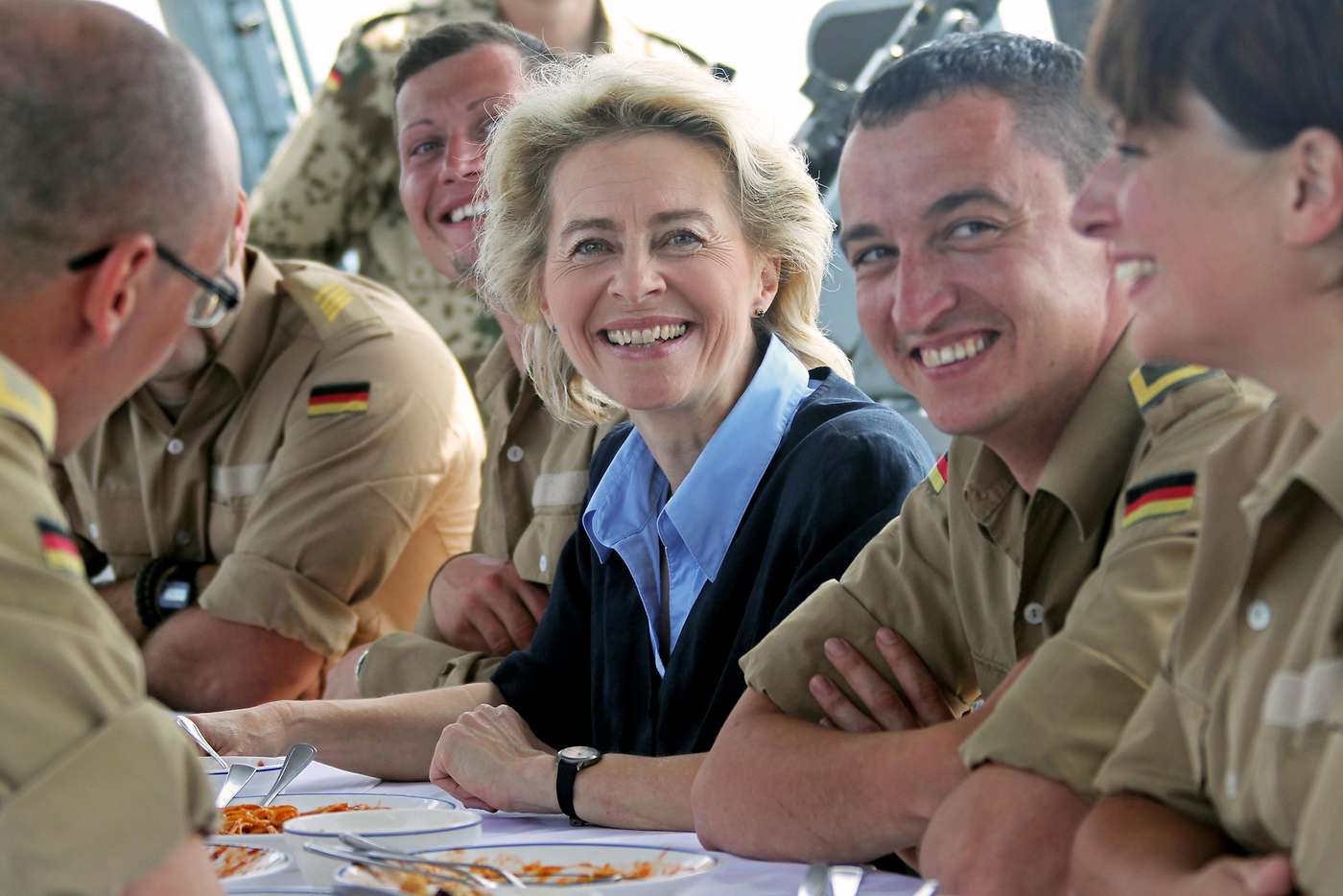Preventing conflicts must become the European priority (Fifteen)
(Archives) It is cheaper to prevent a conflict than to cure it, such must be the new axiom of European foreign policy. But Europe is having a hard time speaking with one voice.
« Prevent rather than heal This must be the new axiom of European foreign policy summed up the German Foreign Minister, Joschka Fischer, during the first debate organized by the Swedish presidency around this theme. " It must be made clear that conflicts are often more difficult to resolve than to prevent them " he added.
The fifteen foreign ministers have, with great unanimity, opted for this direction of European policy, a priority for the Nordic presidency, based more on conflict prevention than military intervention. " Sometimes we're too late, sometimes we don't see the conflict emerging", acknowledged, for his part, the Italian Minister of Foreign Affairs Lamberto Dini. " Conflict prevention must therefore become part of our normal thinking. ».
This policy is justified, considers a report submitted to the Fifteen, because it is "the very essence of the European Union, a perfect illustration of a successful enterprise of reconciliation, stability and prosperity ". But also and above all because the conflicts cause human suffering and harm economic development”. In that they " create instability, reduce trade, threaten investments, and impose a heavy financial burden due to the costs of reconstruction, conflicts are contrary to the interests of the European Union”. What's more " Spending on conflict prevention is low compared to the cost of repairing the damage caused by conflict ».
In this new policy, the European Union has a particular role to play, since it has become, over time, the leading provider of development aid and humanitarian aid in the world, and also the most important. Several ministers like the British Robin cook, however wondered if the Europeans were doing “ really everything ", in particular to limit the sale of armaments " to Africa, for example ". And the boss of Foreign Office, to call on Europeans and candidate countries for the European Union (EU) to fight together against the trafficking of small arms which should not feed the rebel groups, but only the governments ».
The essential challenge for the Union remains nonetheless to show consistency
“By combining the right instruments and using them in the right order, in a timely and integrated way says the report. Complementarity must therefore be developed at several levels: between the instruments and means available, between the activities of the Member States and those of the Community, and between the Union and its international partners. Because beyond the commitment of words, European foreign policy remains in its infancy. This was underlined by two other reports submitted to the ministers, one by the Swedish Presidency, the other by the High Representative for Foreign Policy, Javier Solana. He thus deplored that "theintroduction by each new presidency of a new work plan and new priorities” does not achieve this goal.
The European Union's foreign policy is still far too incoherent. The rare decisions taken by this Council of Ministers on Monday testify to this. The theme of depleted uranium, which could have caused some damage in terms of health and the environment, has barely been touched upon. Anna Lindh, the Swedish Minister for Foreign Affairs, assured that “the European Union intends to work with maximum transparency on this folder.
A more wait-and-see position of ministers, not to say Atlanticist
« It is not up to the European Union to deal with this file as a priority. We have to wait for NATO reports " thus estimated the French Minister of Foreign Affairs, Hubert Védrine.
As for the situation in the Republic of Congo, while the European Union has officially dispatched the Special Representative of the European Union for the Great Lakes region, Aldo Ajello, to assess the situation after the disappearance of President Kabila », he will not be alone. He will indeed be preceded by the Belgian Minister for Foreign Affairs, Louis-Michel, which is on a multi-day tour of the six countries in the region. Europe still has some difficulty speaking with one voice and moving in one and not even...
(NGV)
(article published in La Tribune 2001)

